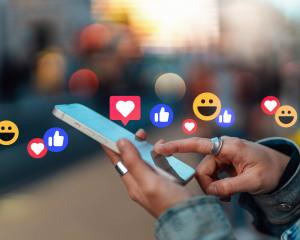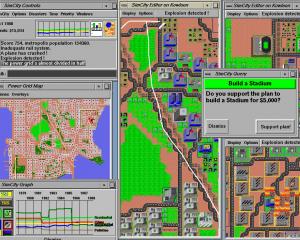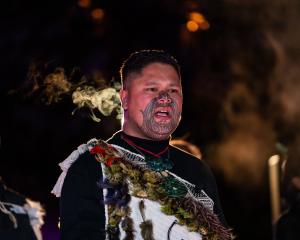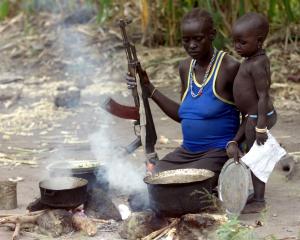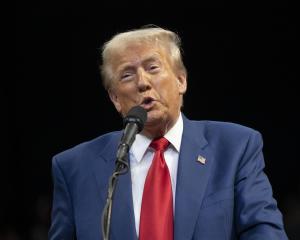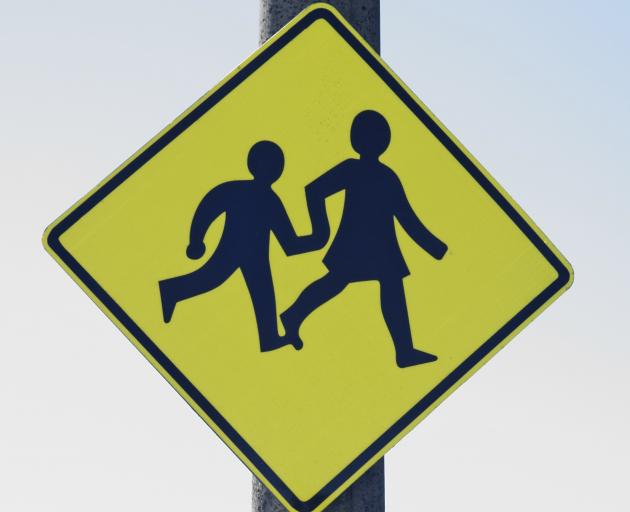
Recently I was at an event where the organiser asked us each to share something about ourselves as an icebreaker. But for some reason, instead of talking about themselves, everyone talked about their children. As we went around the circle we learnt who had teenagers, who had pre-schoolers and whose kids had flown the coop.
I kept expecting someone to change the subject. But they didn’t, except for one woman who nervously said she was an auntie. And then it was my turn to speak.
I couldn’t talk about my kids, because I don’t have any. Not unless you count the miscarried babies buried in my garden and somehow I got the feeling that no-one wanted me to talk about that. So I tamped down my annoyance and shared a fact about my job instead.
Afterwards, I half expected the organiser to apologise to me and the other attendee who didn’t have kids for putting us in such an uncomfortable position. But I’m not sure they even noticed.
These awkward situations are commonplace in a society that still expects everyone to have children. But couples without kids are one of the fastest-growing family types, and it’s time to give them and singles without children a voice.
I am one of three editors working on a book called Otherhood, a collection of essays written by people who aren’t mothers, or at least not in the traditional sense.
When we put out the call for essays we expected we would hear from people who had unsuccessfully tried fertility treatment, hadn’t found the right partner at the right time, had concerns about finances or climate change, or had simply never wanted children. We did not expect the term "otherhood" to resonate so strongly with so many people.
We have heard from people who have become part of blended families, been involved in the foster care system and lost children to suicide. We have heard from people in queer relationships where the path to parenthood isn’t straightforward, and from those who are still processing their own traumatic childhoods. We’ve also heard from DINKs — double-income, no-kids couples travelling the world and pursuing their passions.
Despite the varied and sometimes painful reasons for otherhood, it’s amazing how many people still use the question "do you have kids" as their opening line. The person asking the question is just trying to find a connection but it puts the onus on those of us who aren’t mothers to protect the questioner’s feelings. Because no-one wants to hear these answers to that question: "I did, but she died"; "I spent my life savings on unsuccessful fertility treatment"; "My son was stillborn"; "I’m actually having a miscarriage right now."
So if I am meeting someone new at an event, I’ll usually ask "What do you get up to when you’re not here?" I might find out that they have kids. But I might find out something else interesting about them — that they restore old furniture, do waka ama, or breed guinea pigs. Whether we’re DINKs, parents, or others, we all lead thrillingly surprising lives.
— With co-editors Alie Benge and Lil O'Brien, Kathryn van Beek is crowdfunding to pay contributors to the Otherhood essay collection.

